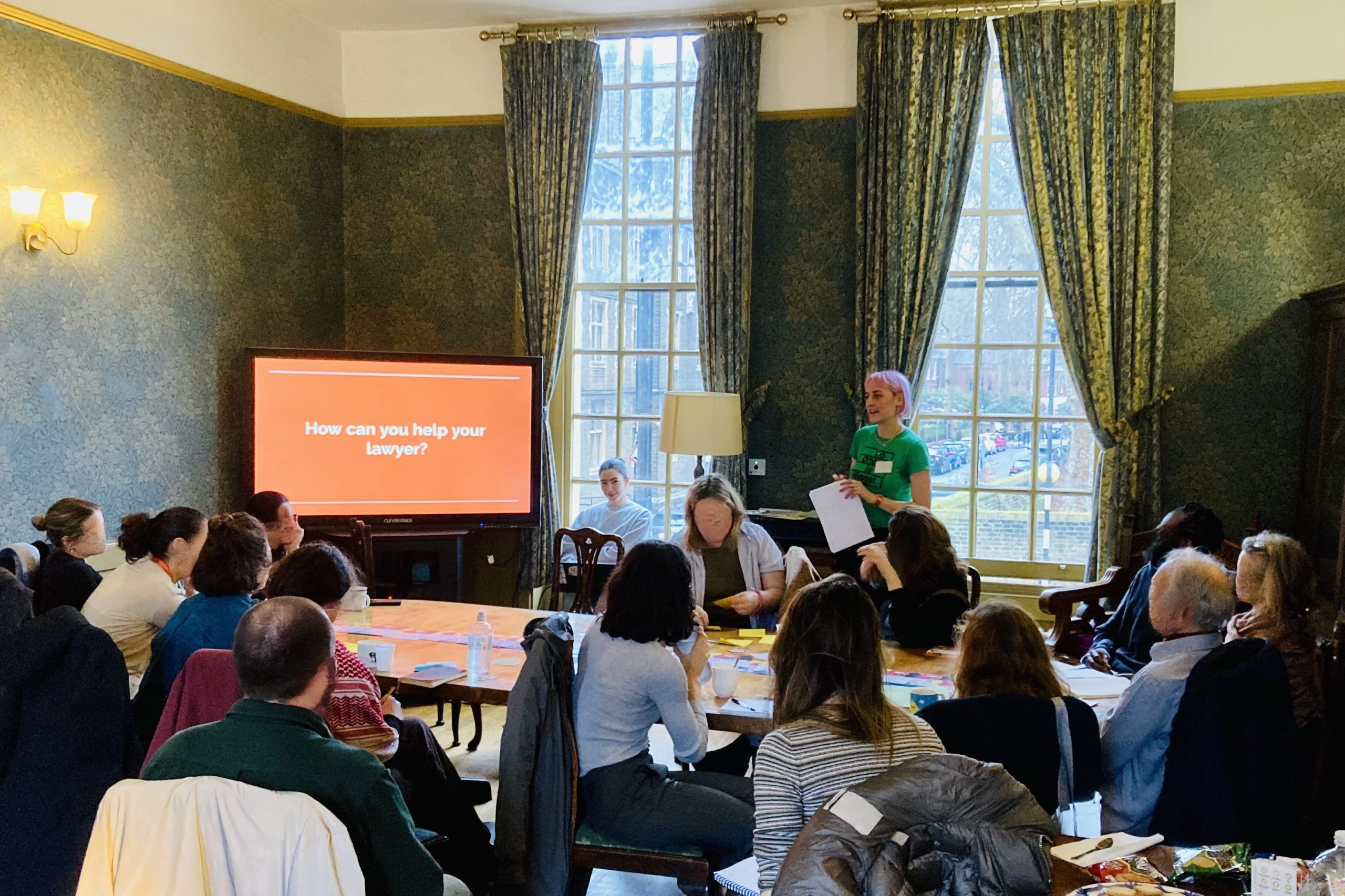
On 21 February 2024, our Legal Education Officers, Leah and Yumna, welcomed members of our community to our London office building to help us launch our new public legal education workshops on Evidence and Working With Your Lawyer.
These new workshops are part of our effort at Right to Remain to expand our public legal education work beyond the issues of the asylum system, and to encompass the other immigration routes and challenges experienced by our community.
The participants at the workshop came from various charities, organisations, and grassroots groups that are either London-focused or have a base in London, so that they would be able to attend in person. Some participants worked in migration justice, housing justice, mental health support, and legal support.
This was slightly different to our usual workshop style where we cater to the needs specifically identified by the audience in advance. Instead, they were invited to participate in the workshops so that we could test them out, and crucially, to provide us with feedback so that we would be able to evaluate, improve, and customise the workshops before offering them to our wider community.
What happened at the workshop?
We divided the workshop into two stages. The first part focused on Lawyers.
The interactive activities included:
- Going through key definitions (to ensure that everyone was on the same footing) such as, “What is a lawyer?”, “What is Legal Aid?”, and “What are the merits and means tests?”
- Green and red flags: what a good lawyer should / not do for you
- How you can help your lawyer with your case
- What your lawyer cannot do for you
- Legal Aid vs private lawyers
- Lots of discussion about personal good/bad experiences with lawyers, and knowledge sharing amongst the group
The second part of the workshop focused on Evidence. The interactive, discussion-based exercises focused on:
- What is evidence?
- The different types of evidence and when they could be useful
- What makes ‘good’ evidence?
- Assessing different types of evidence
- Thinking about what types of evidence could be used in different case studies
After each session (lawyers and evidence), we asked participants to take a few minutes to fill out evaluation forms, to let us know what had gone well and what could be improved for next time.
What was the feedback?
“I think what you’re doing is so important and I really support the work you’re doing. It’s so valuable to know people can feel even a little more informed + empowered through this process.”
Evidence
Based on the evaluation forms:
- 100% of attendees found that the workshop environment was supportive and relaxed.
- 100% strongly/agreed that the workshop content increased their knowledge of gathering evidence in a legal case.
- 100% strongly/agreed that the workshop increased their confidence in understanding how to gather evidence in a legal case.
Participants wrote that they found it helpful to think about what specific types of evidence would be helpful in different situations, and to ask themselves “what question is this piece of evidence answering?”. Participants also found it really helpful to differentiate between the different types of evidence, and where to find them.
There was overwhelming appreciation for the case studies activity, and demand for more!
Lawyers
“…the style/format was engaging + easy to understand”
Based on the evaluation forms:
- 100% of attendees strongly/agreed that the workshop content increased their knowledge of working with lawyers.
- 100% strongly/agreed that the workshop increased their confidence in understanding how to work with lawyers.
Participants really appreciated the opportunity to have group discussions about the legal issues and challenges they face with other people in the same field.
Most participants mentioned that learning about the different obligations and rights within the client/lawyer relationship was very helpful, and many also mentioned that they had not considered how a client could benefit their case by being more proactive with their lawyer.
“…Useful to think about what to advise people about how they can support their lawyers – haven’t thought much about this perspective before”
Participants also found the green/red flag exercise helpful in understanding the boundaries of what a lawyer should or should not be doing for their client in an immigration case.
Moving forward
These are just some of the tweaks we will be making to the workshop(s), thanks to the feedback provided by our participants:
- Having introductions earlier, and including pronouns!
- Providing better space for movement (there was a huge, heavy table in the way!)
- Incorporating the feedback to merge the lawyers element with another workshop (for instance, the substantive interview)
- Including an element like a ‘timeline’ to look at how lawyers fit into the different stages of someone’s asylum journey, so they know what to expect and when
- We will make it clearer that the focus of the workshop is on building a collaborative relationship with your lawyer, not about finding a lawyer or complaining about them (which was requested in the feedback). However, we will signpost to these things.
- For the Evidence workshop, we will provide more case studies and time to go over them. People loved them.
Thank you so much to all who attended; your presence, engagement, and feedback was invaluable. Our resources really are made for and by our community.
Register your interest in a Right to Remain workshop
Learn more about our public legal education work here.
Fill out our workshop request form here. Please note that we are a very small team, and cannot guarantee that we can fulfil your request, though we will try our best!

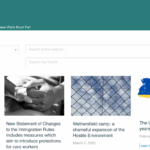







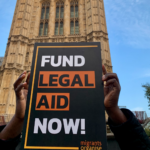
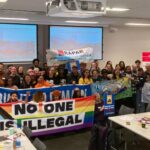
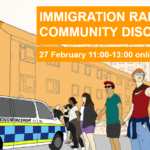

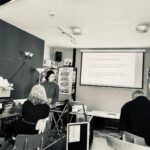
Discussion: